While there are so many types of batteries on the market, choosing the right one for your solar energy system can be a challenging task. If you're weighing options between lithium-ion and lithium iron phosphate (LiFePO4) batteries, this blog post is here to help. Read on and you'll find the best battery solution for your portable solar generators or portable power stations.
What Are Lithium-Ion Batteries?
Lithium-ion batteries are favored for their ability to store a lot of energy in a compact size. They are widely used in billions of smartphones, laptops, drones, portable solar generators, portable power stations, and even electric cars. lithium-ion batteries work by moving lithium ions between two electrodes through a liquid electrolyte, making them store and release energy with high efficiency.
Technical Specifications:
- Energy Density: 150-200 Wh/kg
- Nominal Voltage: 3.6V-3.7V
- Cycle Life: 500-1,000 cycles
- Operating Temperature Range: -20°C to 60°C
Pros:
- High energy density, hence compact and light.
- Very common and in use in many applications.
Cons:
- Safety risks: overheating, thermal runaway, and possible combustion
- Li-ion batteries have a shorter life than LiFePO4, hence costlier in the long run.
Though lightweight and compact, lithium-ion batteries have drawbacks to their use, mostly toward safe operation. They can overheat. In very rare cases, they suffer from thermal runaway, which can cause fires, making they less commonly used in more advanced power generators.
What are LiFePO4 Batteries?
One of the fast-growing types of batteries for portable solar generators and portable power stations is lithium-ion phosphate, LiFePO4 for short. These batteries use iron phosphate as the cathode material, providing superior stability and safety compared to standard lithium-ion batteries. Known for their exceptional longevity and excellent thermal stability, LiFePO4 batteries are a perfect match for heavy-duty applications and more advanced power generators, including portable solar generators and power stations.
Technical Specifications:
- Energy Density: 90-120 Wh/kg
- Nominal Voltage: 3.2V-3.3V
- Cycle Life: 1000 – 4000 cycles
- Operating Temperature Range: -20°C to 70°C
Pros:
- The high thermal stability and resistance to thermal runaway provide improved safety.
- No Cobalt ensures a longer cycle life and a more environmentally-friendly design.
Cons:
- Energy density is lower than that of lithium-ion batteries—designs are bulkier.
- Higher up-front cost, though offset by longevity and safety benefits.
LiFePO4 batteries, having higher thermal runaway temperatures, are much safer. Additionally, they have a cycle life and a more sustainable nature because they are cobalt-free. LiFePO4 batteries are widely used in more advanced solar generators and power stations.
|
|
Lithium-Ion Batteries |
LiFePO4 Batteries |
|
Energy Density |
150-200 Wh/kg |
90-120 Wh/kg |
|
Efficiency |
85-90% efficiency |
95% efficiency |
|
Weight |
Lighter, easier to transport |
Heavier but more durable |
|
Lifespan |
3-5 years, with 500-1000 cycles |
8-15 years, with 1000 – 4000 cycles |
|
Cost |
Typically lower upfront cost |
Higher upfront cost but longer lifespan |
|
Environmental Impact |
Use of cobalt raises concerns |
More environmentally friendly, no cobalt |
|
Safety and Stability |
Risk of thermal runaway |
Superior thermal stability and safety |
|
Ideal Use Case |
Portable applications with high energy demand |
Stationary applications with long-term use |
LiFePO4 Batteries vs Lithium-Ion Batteries: Which Battery is Better?
Among the many options, Dabbsson's semi-solid state LiFePO4 batteries will undoubtedly stay at the top due to its better performance on safety, operations, along with 9x longer lifespan. While traditional lithium-ion batteries boast higher energy density and lower up-front costs, LiFePO4 batteries outperform them both in safety and service life. Even if the solid-state LiFePO4 batteries were ultra-high in their performance, they still could not turn out to be like the semi-solid state LiFePO4 solutions in terms of either safety, performance, and battery lifespan. Dabbsson solar generators provide the longest cycle life among the three batteries, up to 4500 cycles, which equivalent to over 15 years of use.Frequently Asked Questions
1. What battery technology would most appropriately work in an environment of high temperature?
Compared with Li-ion batteries, LiFePO4 allows for higher temperatures.
2. Do LiFePO4 batteries have some environmental benefits?
Yes, LiFePO4 batteries are eco-friendly because they do not contain any cobalt.
3. Can lithium-ion run with a solar generator?
Yes, one can run lithium-ion batteries with the solar generator, though they are less durable and costlier overall than LiFePO4 batteries.
4. Looking for the ultimate battery solution for safety, performance, and longevity for your solar generator?
Dabbsson's solar generators and power stations are equipped with semi-solid state LiFePO4 batteries, performing great where traditional lithium-ion and solid-state LiFePO4 options can't—elevating safety, service life, and reliable operation across 56 extreme environments.
Popular Posts































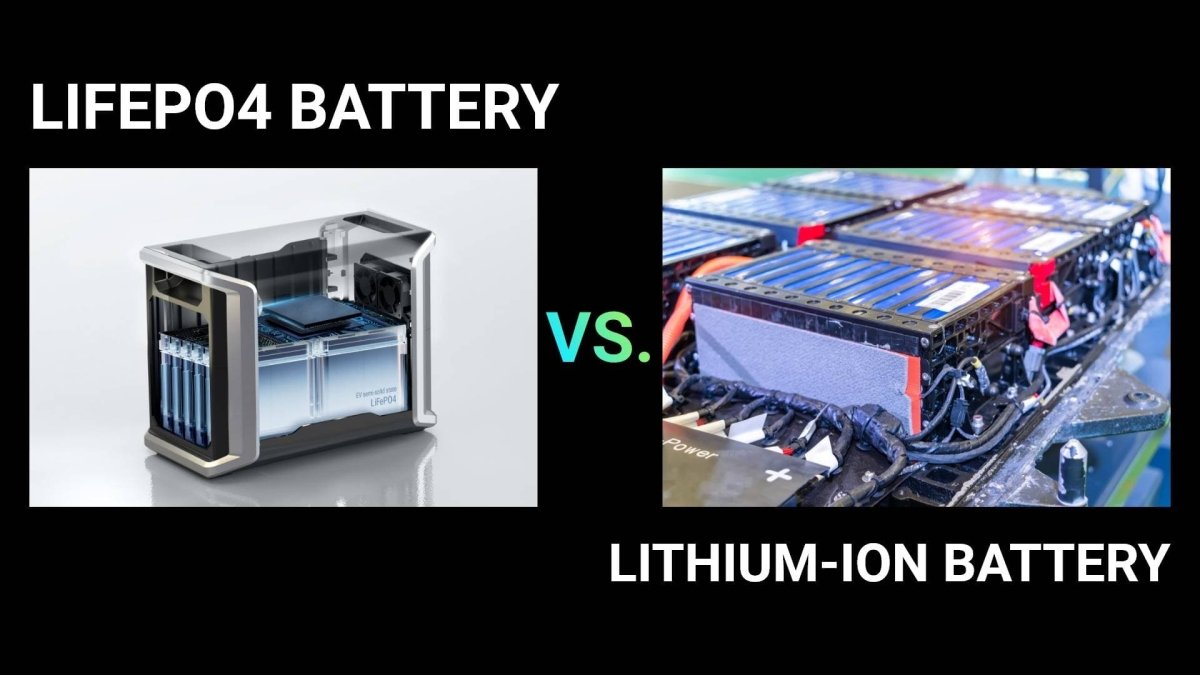
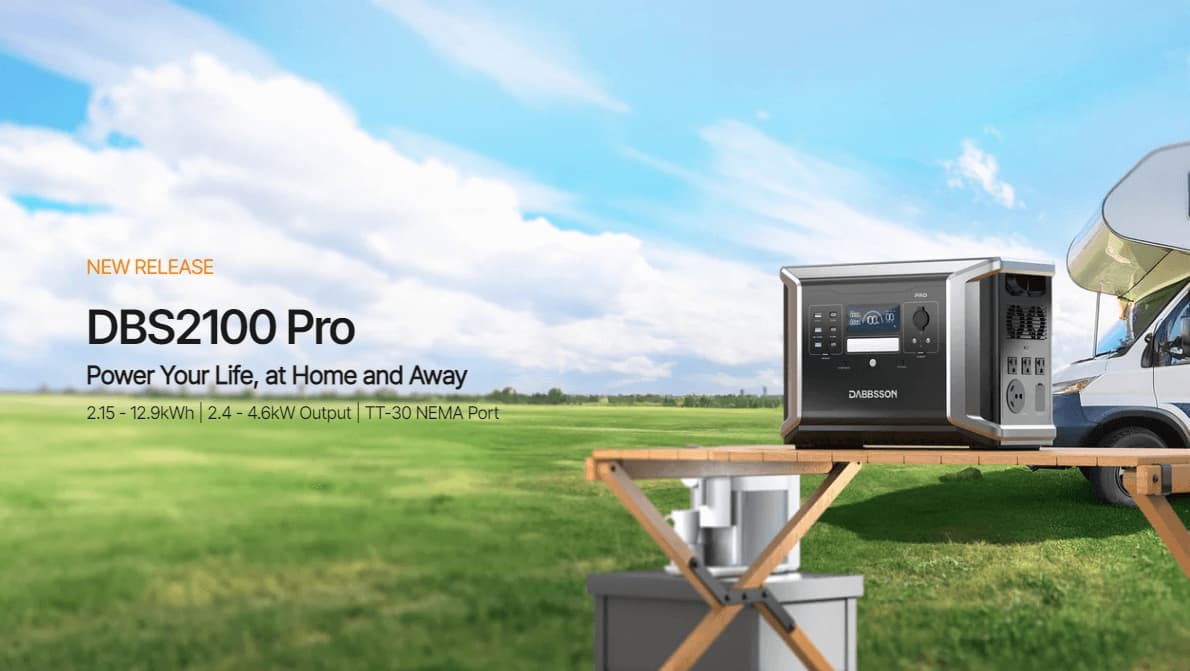
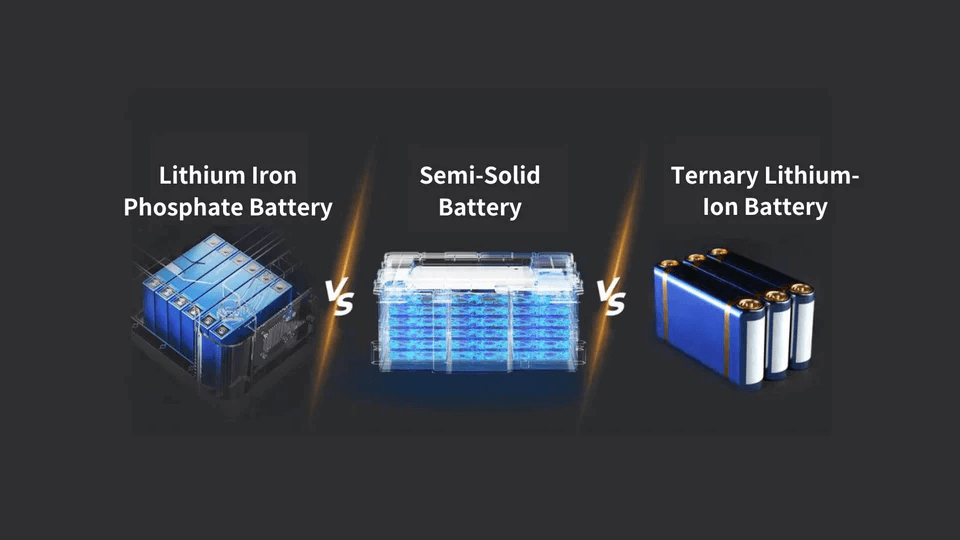
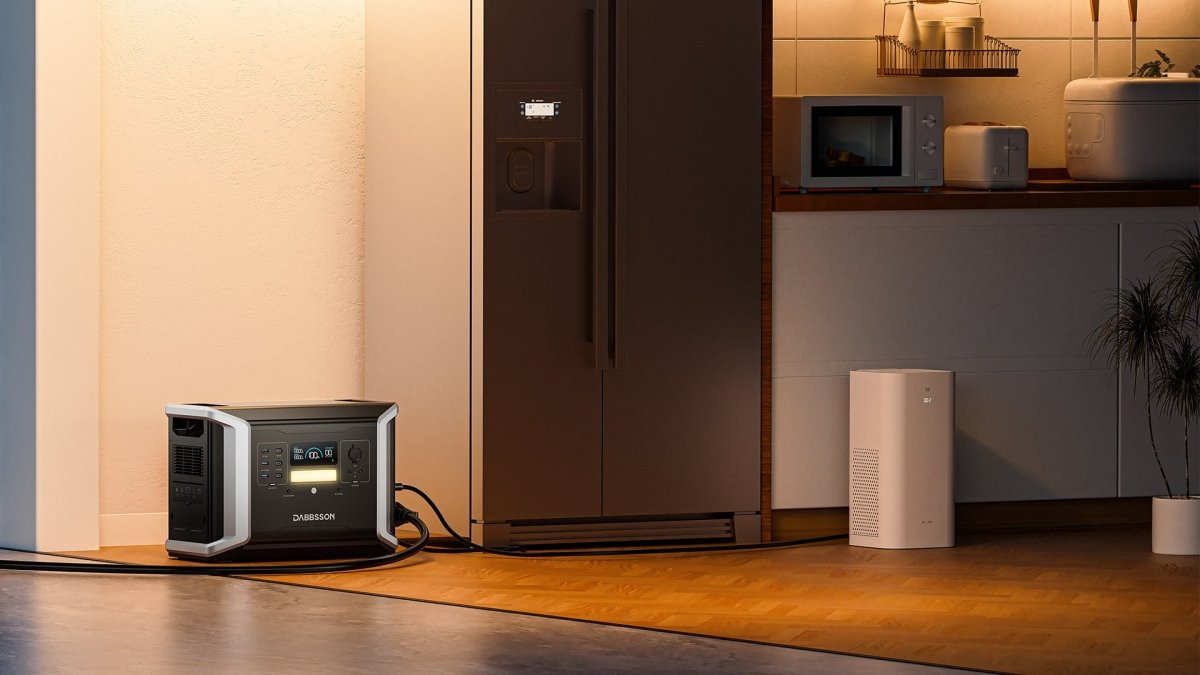
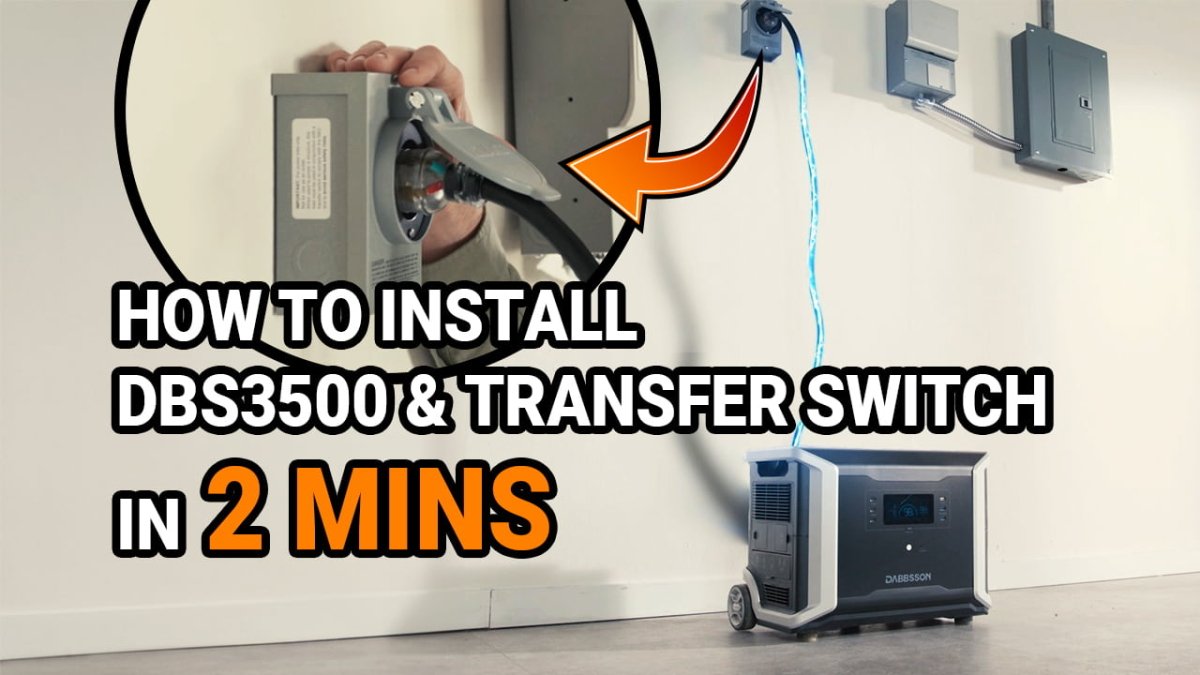
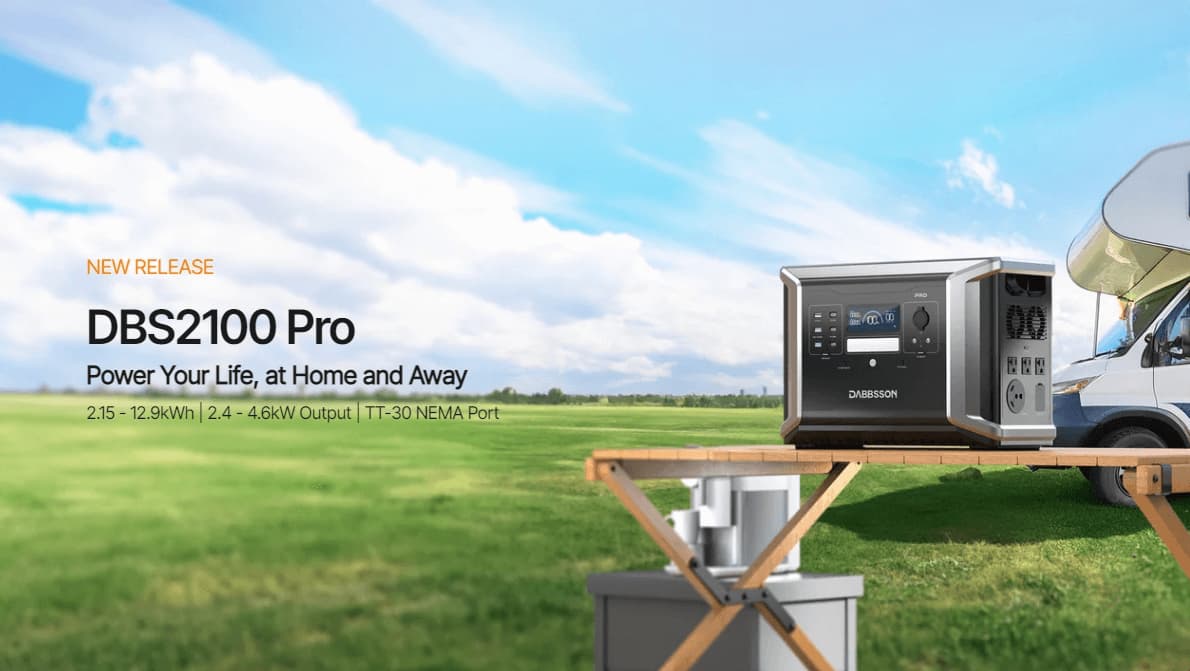
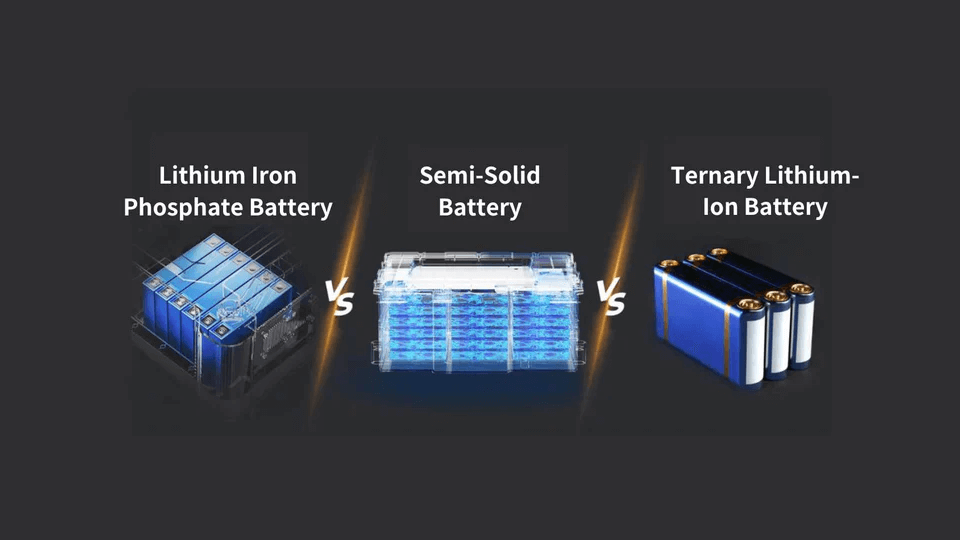
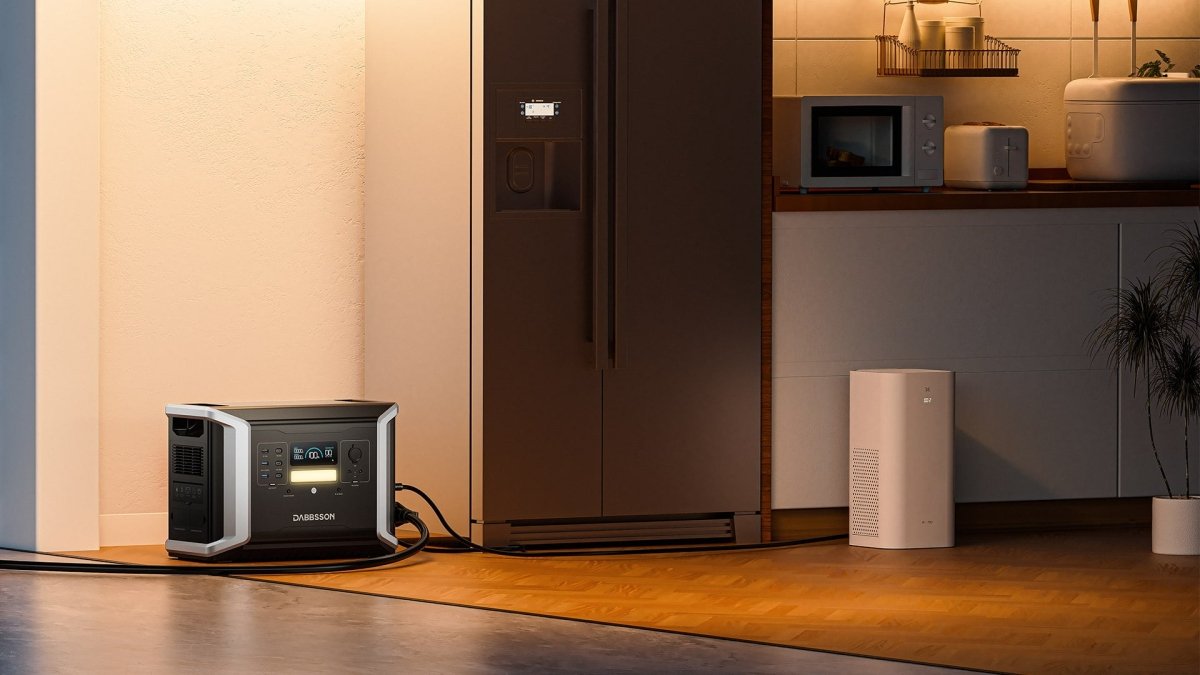



Leave a comment
All comments are moderated before being published.
This site is protected by hCaptcha and the hCaptcha Privacy Policy and Terms of Service apply.